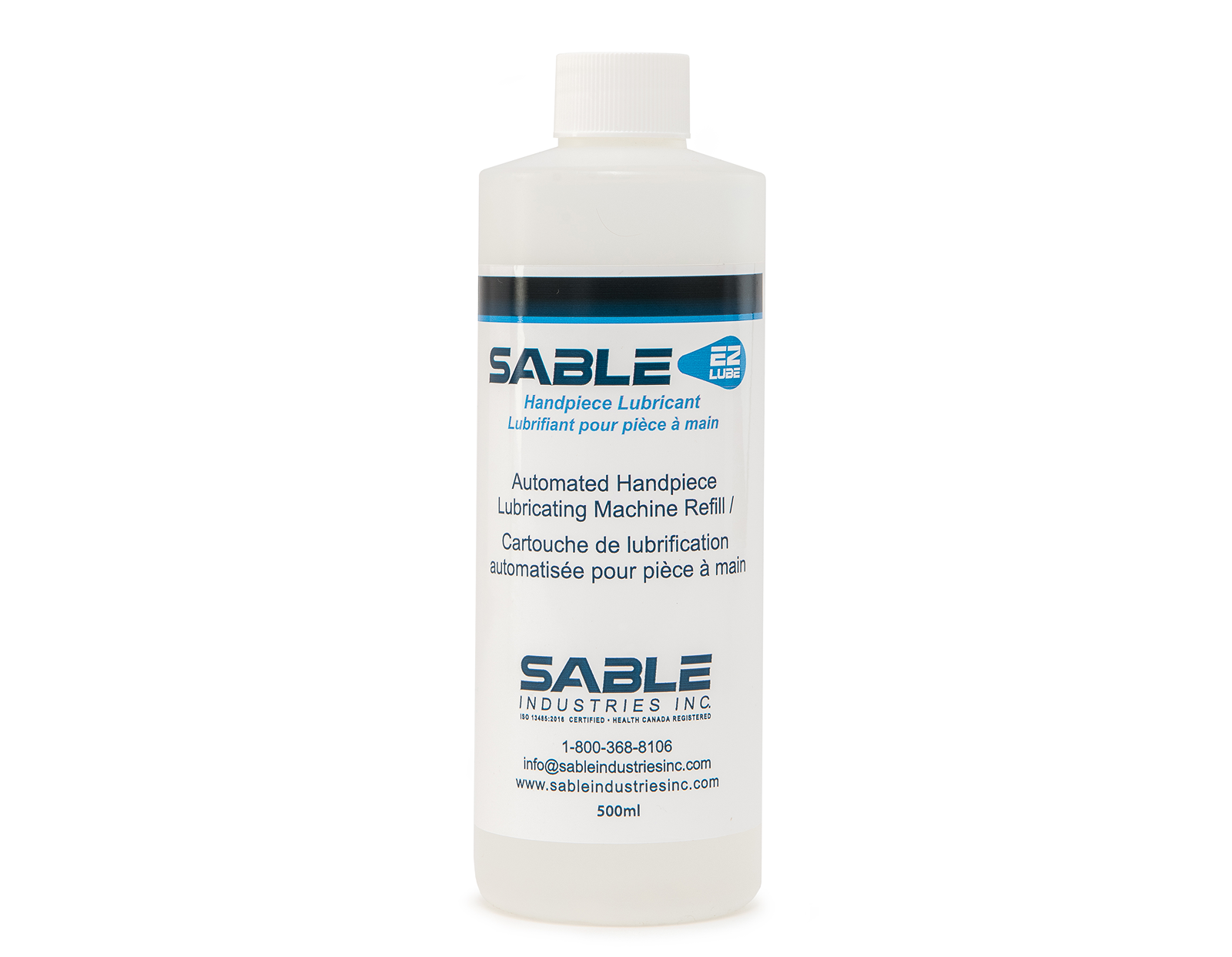In recent years, there has been increased concern about the harmful effects of chemicals found in everyday products. Endocrine disruptors such as BPA are known to increase the risk of cancer, birth defects, and other conditions.
Now, research has linked these chemicals to MIH – a condition that irreversibly damages children’s teeth. The study found that early exposure to chemicals found in food packaging and fungicides may interfere with the growth of dental enamel.
Molar incisor hypermineralisation (MIH) is a condition that causes defects in a child’s tooth enamel. MIH weakens the enamel of permanent molars and incisors, causing the teeth to be cavity-prone and sensitive to hot and cold. The condition affects up to 18% of children aged six to nine.
Molar incisor hypermineralisation (MIH) is a condition that causes defects in a child’s tooth enamel. MIH weakens the enamel of permanent molars and incisors, causing the teeth to be cavity-prone and sensitive to hot and cold. The condition affects up to 18% of children aged six to nine.
To study the effects of endocrine disruptors on enamel, Dr. Katia Jedeon and his colleagues experimented on rats. They gave the rats daily doses of endocrine disruptors, in an amount equivalent to the average dose a human would experience daily. The exposure started in utero and continuing for a month after birth – the period when tooth enamel develops.
After 30 days, they collected cells from the surface of the rats’ teeth and analyzed them. The chemicals had a clear effect. Two genes that control the creation of tooth enamel, Klk4 and SLC5A8, were expressed differently.
The study also revealed a potential cause of this effect.
In the second part of the experiment, the researchers collected ameloblast cells, which play a key role in forming tooth enamel. They found that sex hormones, like estrogen and testosterone, boost the expression of the genes that make tooth enamel. Endocrine disruptors can block the effect of male sex hormones. This indicates the chemicals may lead to MIH by blocking the hormones needed for development of tooth enamel.
Unlike bone, tooth enamel does not have living cells. This means it cannot regrow, so any damage to the enamel is permanent. However, parents can protect children by reducing their exposure to endocrine disruptors.
“Tooth enamel starts at the third trimester of pregnancy and ends at the age of 5, so minimizing exposure to endocrine disruptors at this stage in life as a precautionary measure would be one way of reducing the risk of enamel weakening,” says Dr. Jedeon.

